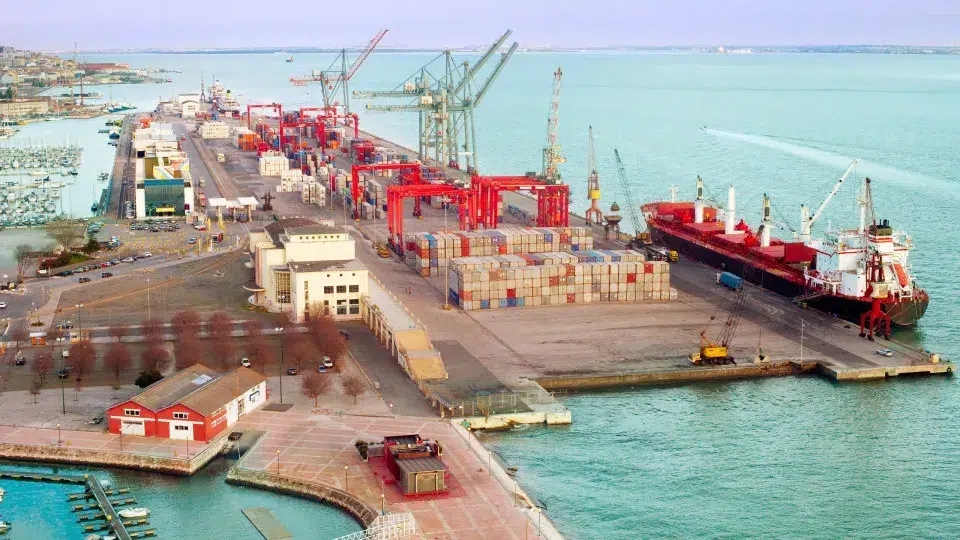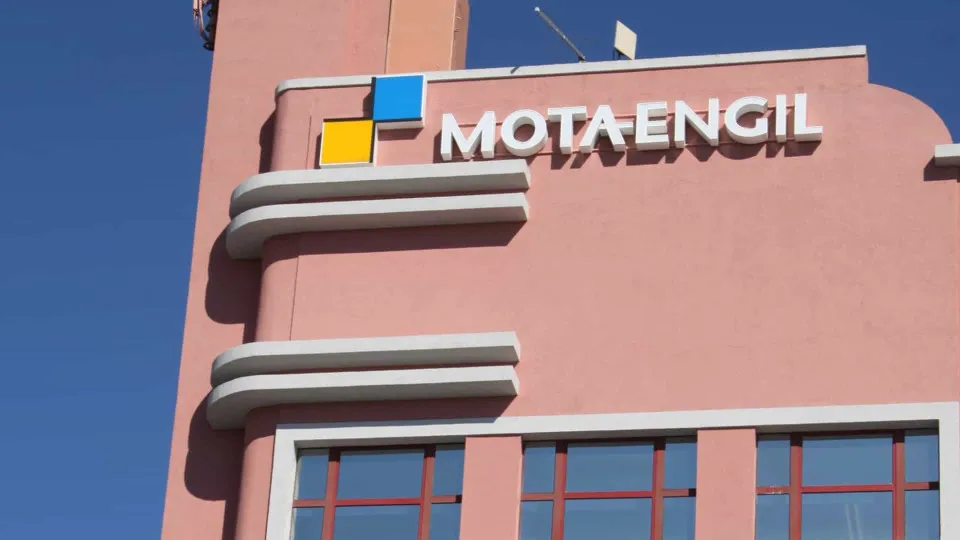
The proposals for legislative and regulatory changes aimed at administrative simplification and promoting competitiveness, essential for the objectives of the Portos 5+ strategy for the growth of the port sector, must be submitted by December 31.
The document also mandates the creation of a working group tasked with presenting a proposal to revise the current framework for the organization of maritime-port administration. This group comprises the Directorate-General for Natural Resources, Safety and Maritime Services, the National Maritime Authority, the Mobility and Transport Institute, and mainland port administrations, which should consult the National Association of Portuguese Municipalities and Maritime and Port Communities.
The goals, organization, and functioning of the working group will be defined by orders from government members responsible for infrastructure and maritime areas.
The Strategy for the Commercial Ports of the Mainland 2025-2035, Portos 5+, prepared in collaboration with mainland port administrations and respective port communities, was approved by the government and presented in a ceremony at the Rocha do Conde de Óbidos Maritime Terminal in Lisbon on July 30, with Infrastructure and Housing Minister Miguel Pinto Luz in attendance.
The strategy outlines a 10-year plan to boost the port sector’s growth, envisaging investments of four billion euros, 75% of which are to be private, alongside the launch of 15 new concessions.
The government highlights an increase in port infrastructure growth as a strategic axis, with around three billion euros in private investment and one billion from the Port Authority and community funds.
Additionally, the plan foresees the launch of 15 new concessions by 2035, with recent legislative changes allowing for concessions up to 75 years being crucial, according to the government.
The executive emphasizes that growth in cargo movement at the main commercial ports of the mainland is a core objective of this strategy for 2035, targeting approximately 125 million tons (+50% compared to 2023), 6.5 million TEUs (+70%), and three million passengers (+30%), while also aiming to reduce carbon dioxide (CO2) emissions by 80%.
Of the total estimated investment, 250 million euros are allocated for promoting decarbonization and sustainability, including the installation of ‘Onshore Power Supply’ (OPS) stations at all ports.
An additional 300 million euros are planned for enhancing intermodality and connectivity, such as improving railway access to the ports of Leixões, Aveiro, and Setúbal, and developing navigability in the Douro and Tejo rivers.
Finally, the strategy includes a 70 million euro investment in digitalization and automation and 300 million euros aimed at fostering better integration between ports and urban areas and enhancing security, with the transfer of competencies to municipalities (Almada, Faro, Lagoa, Lisbon, Oeiras, Setúbal, Sines, Viana do Castelo, and Vila Nova de Gaia).




